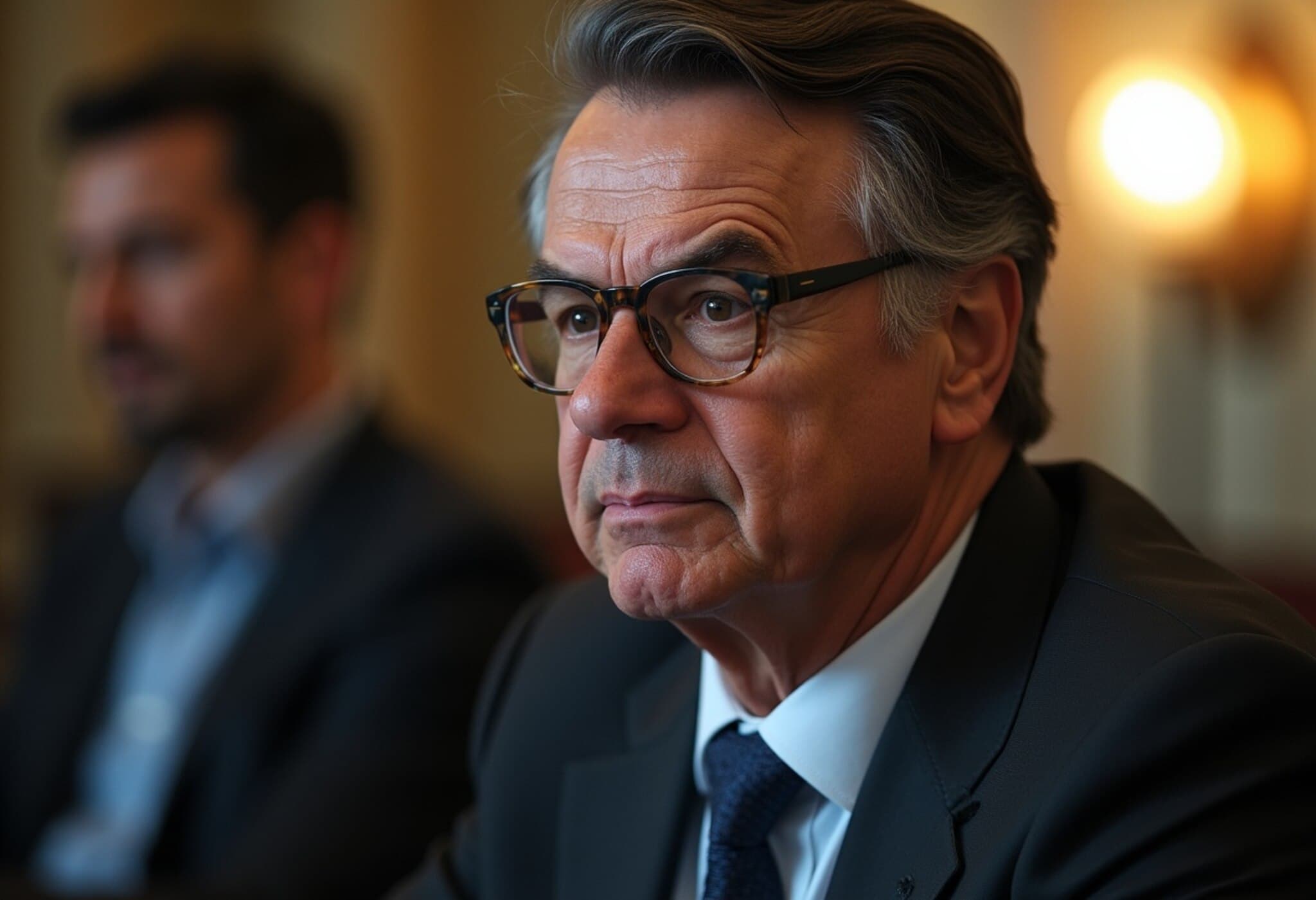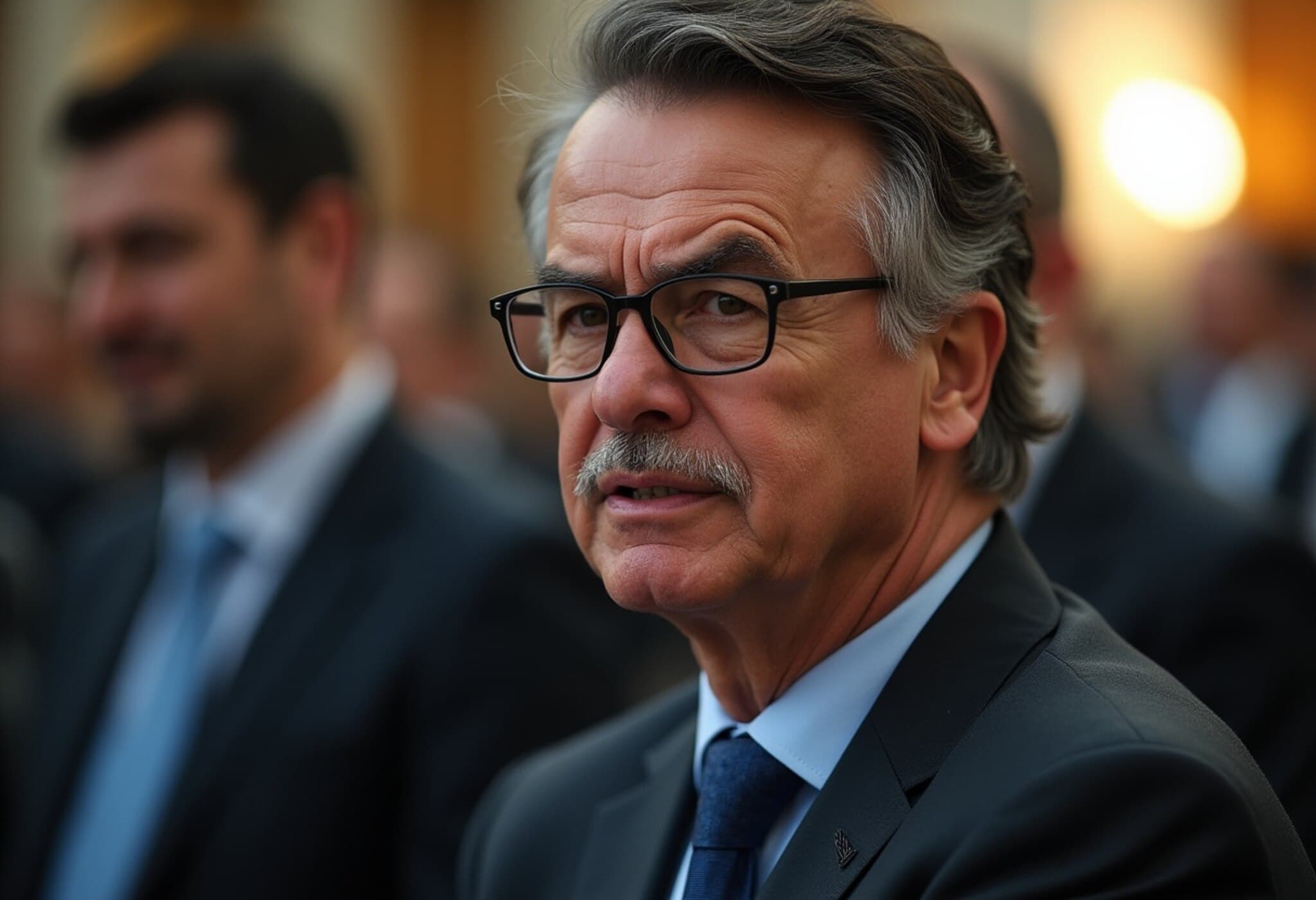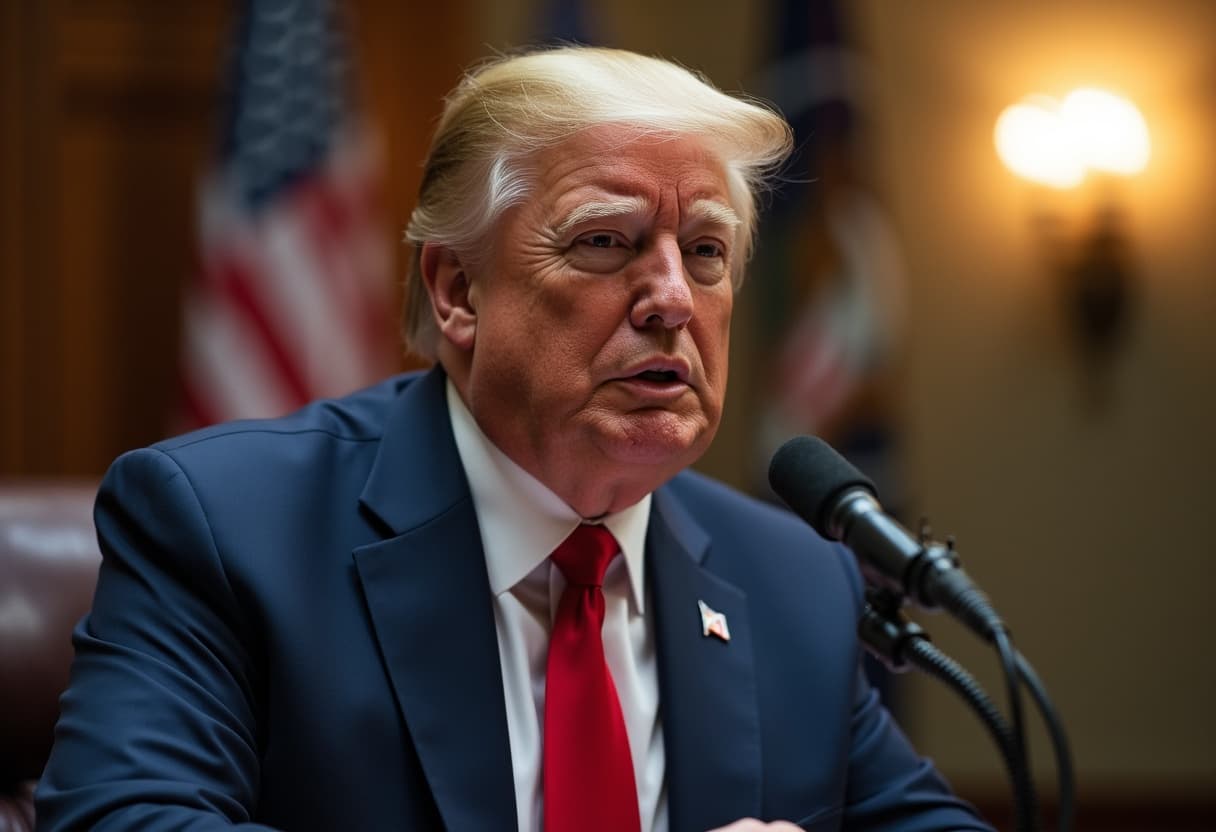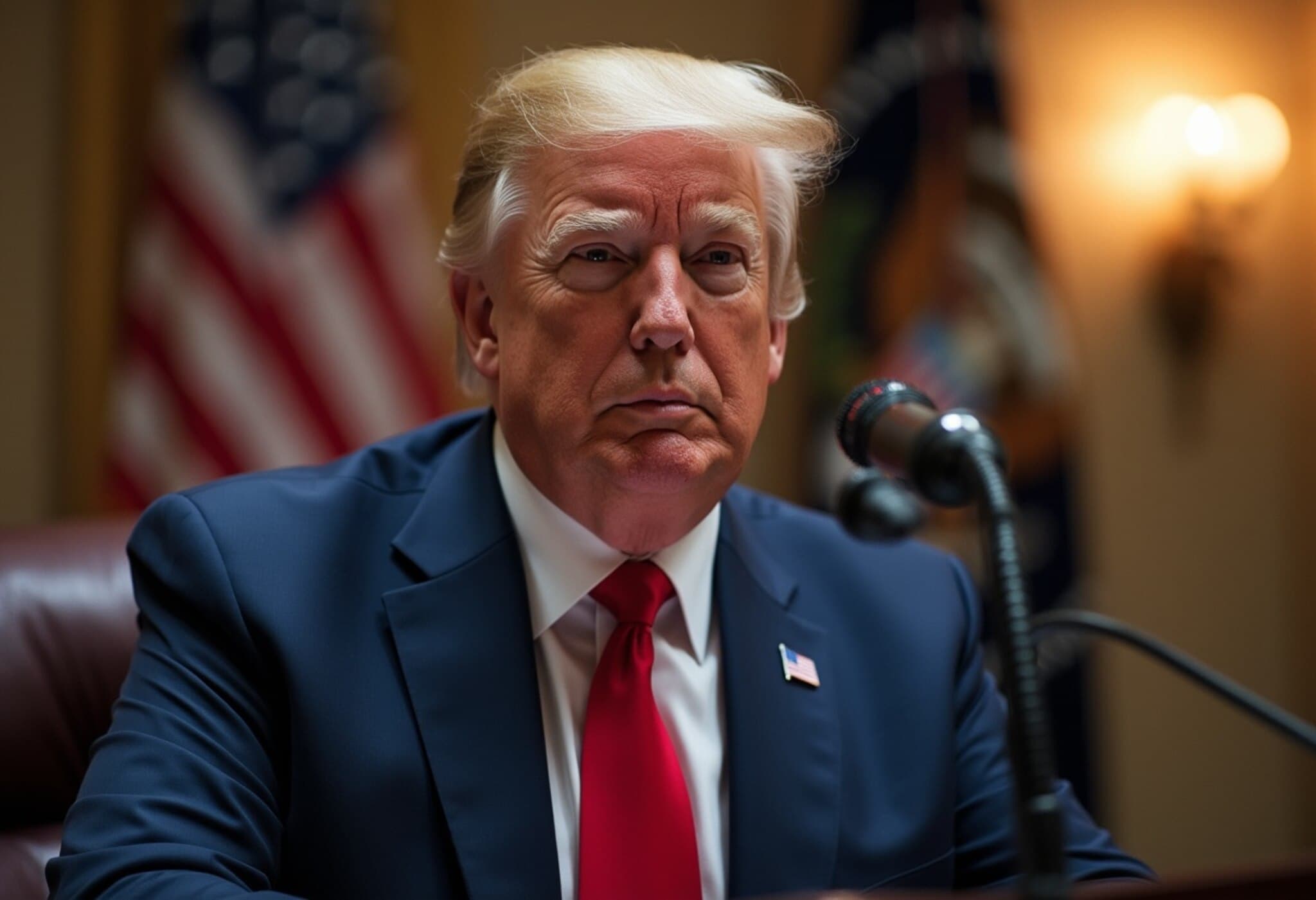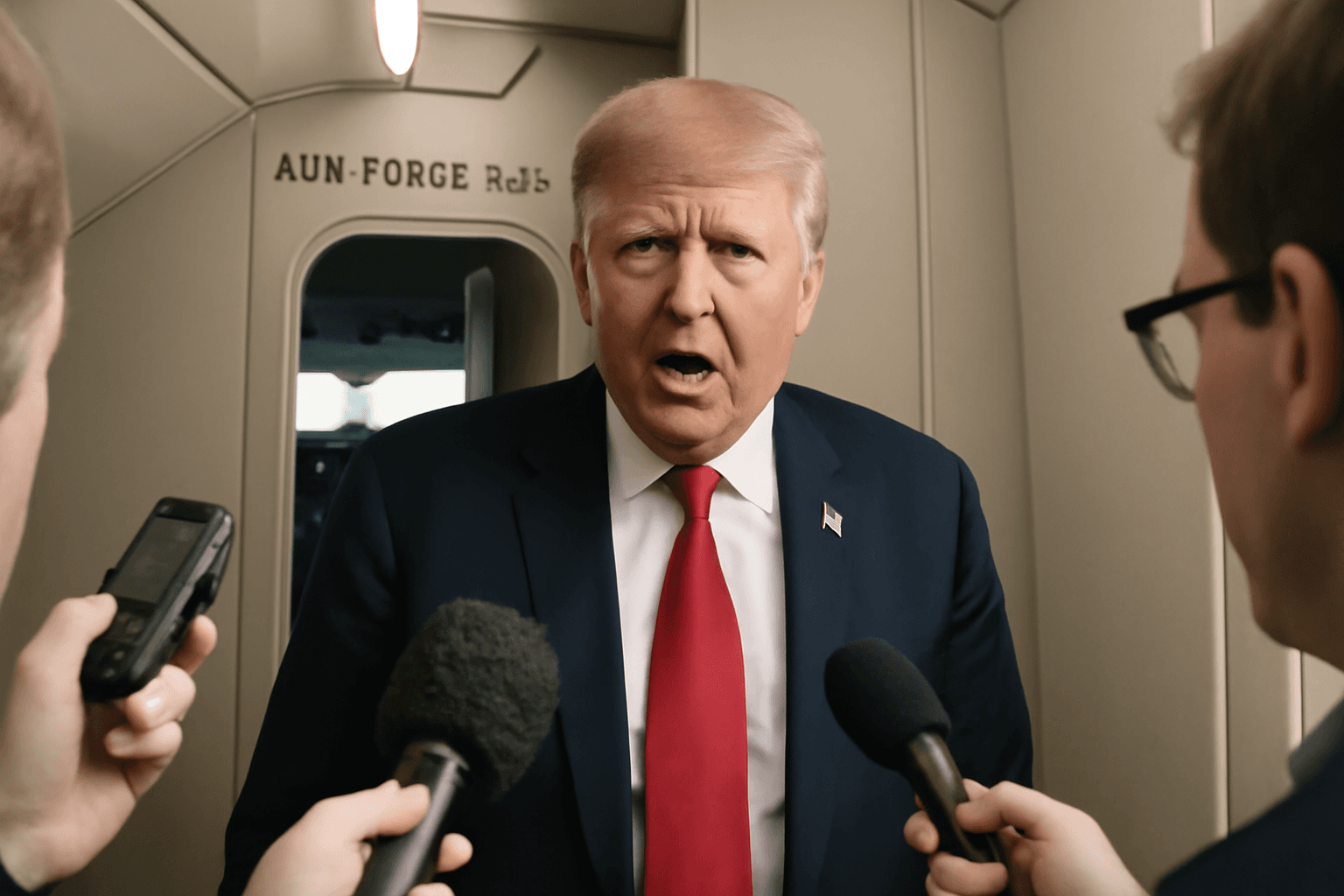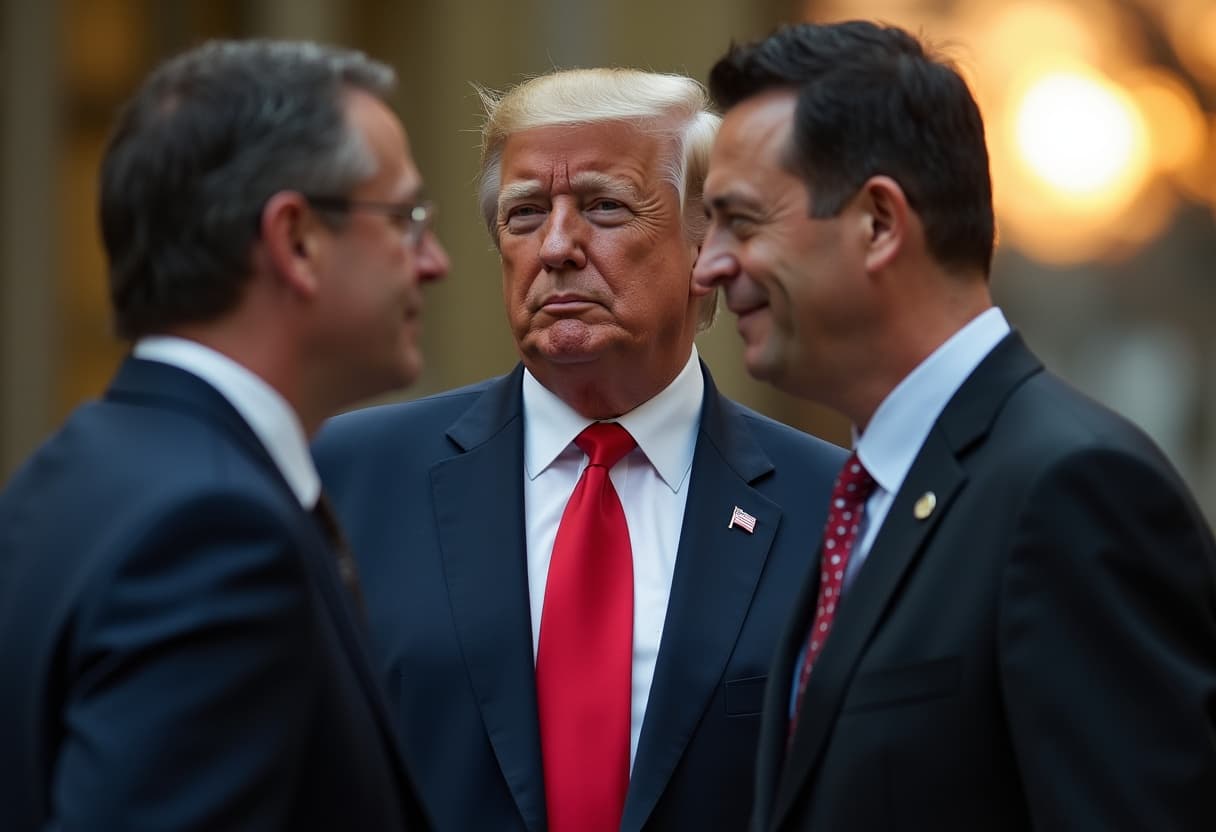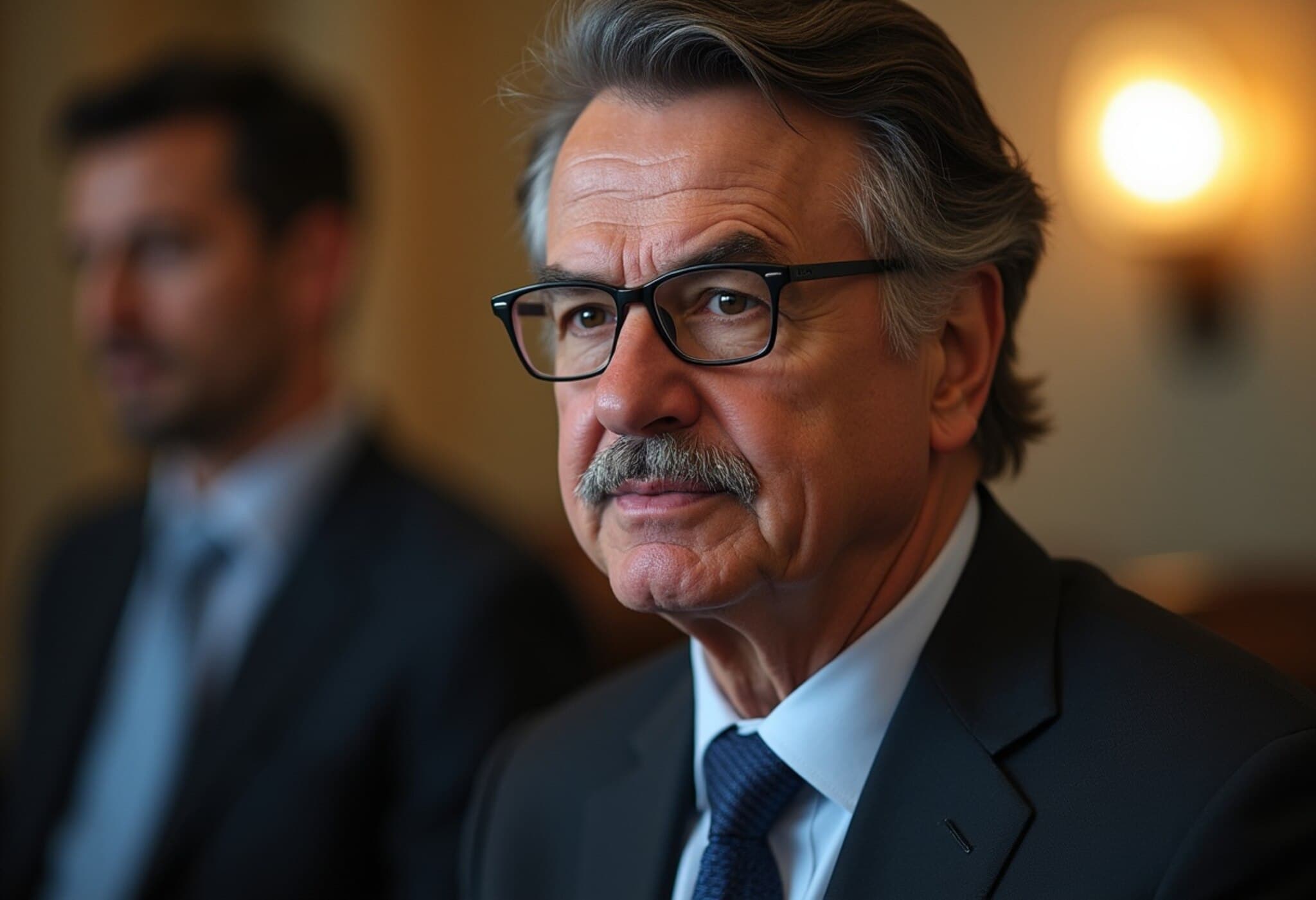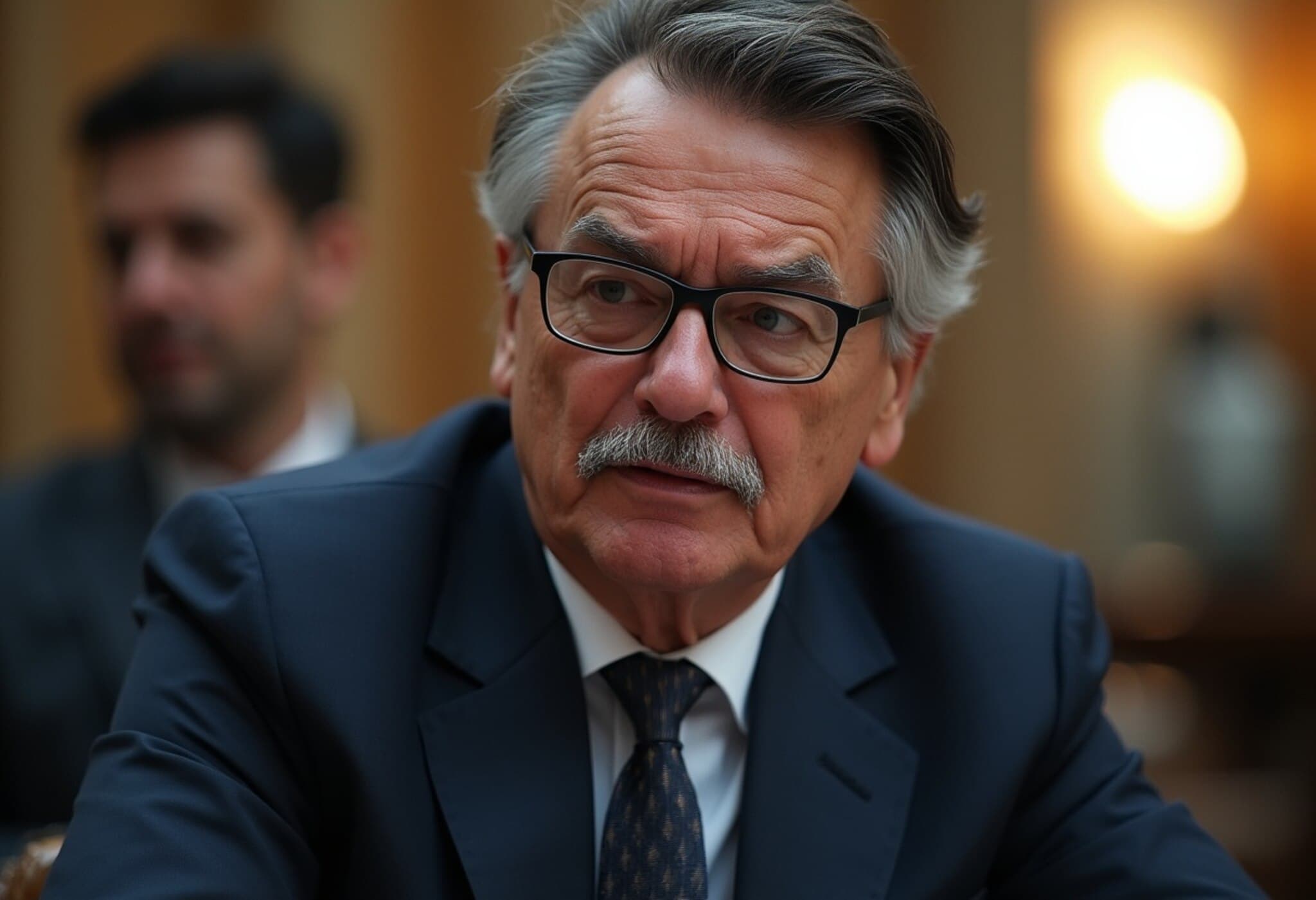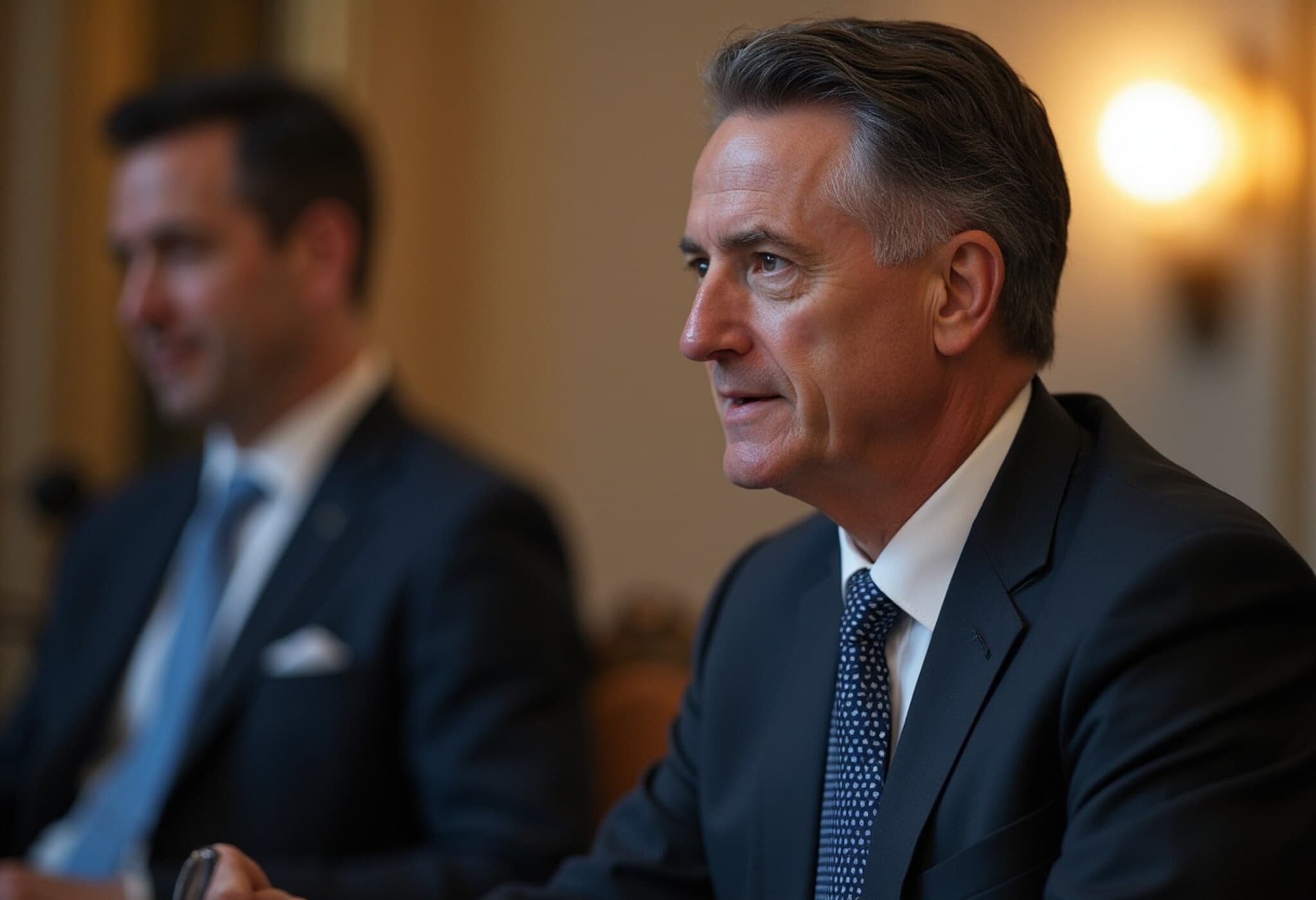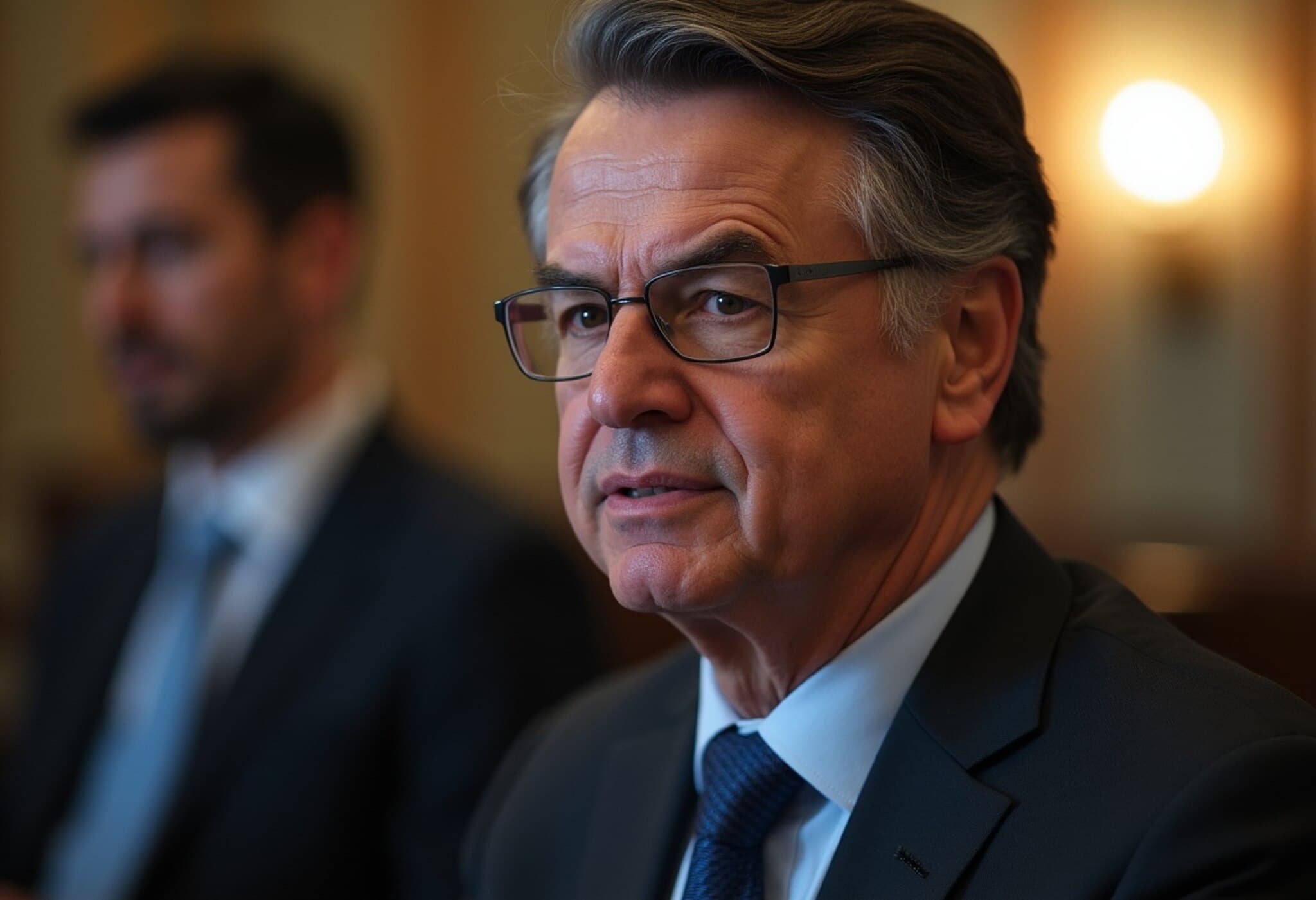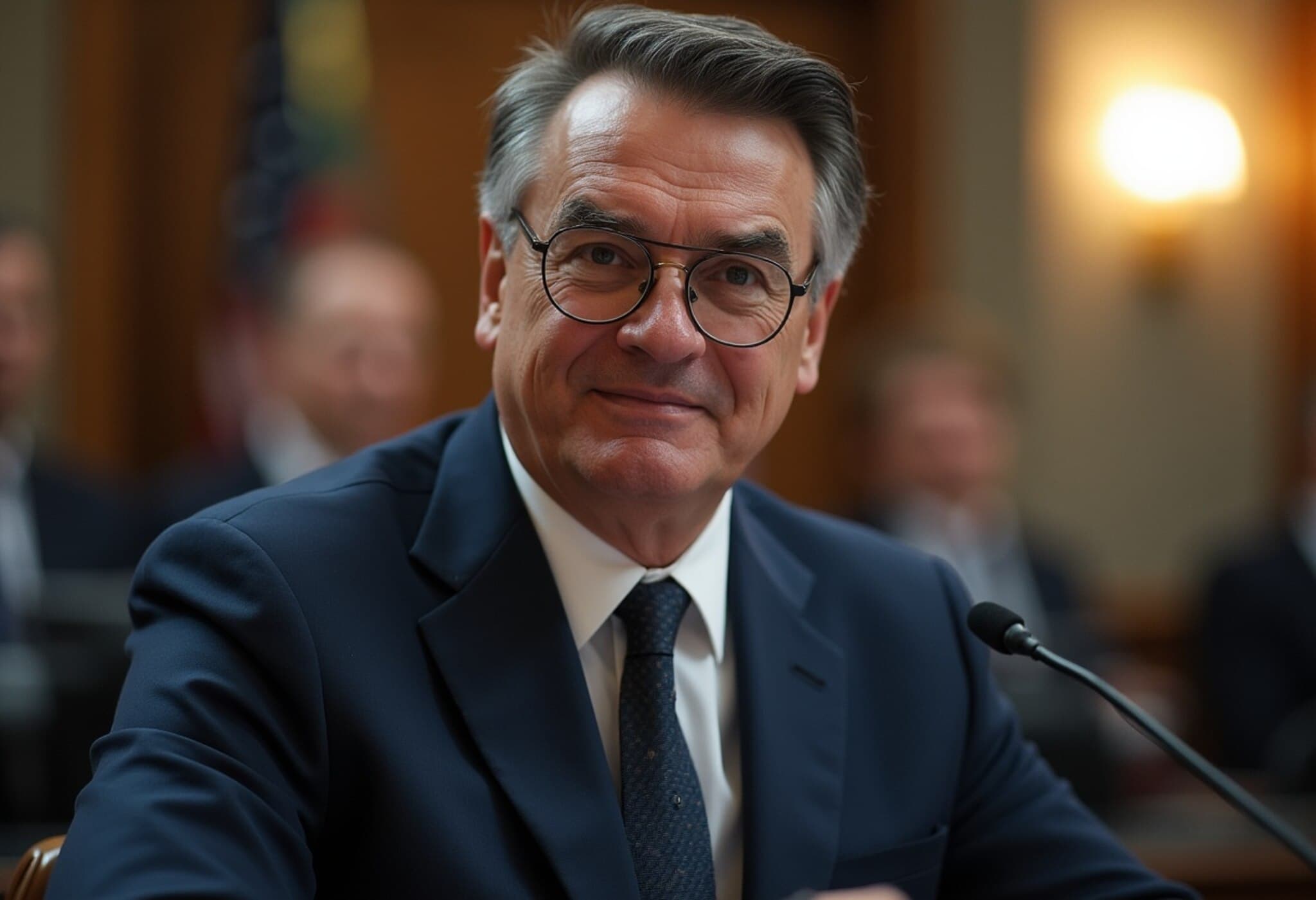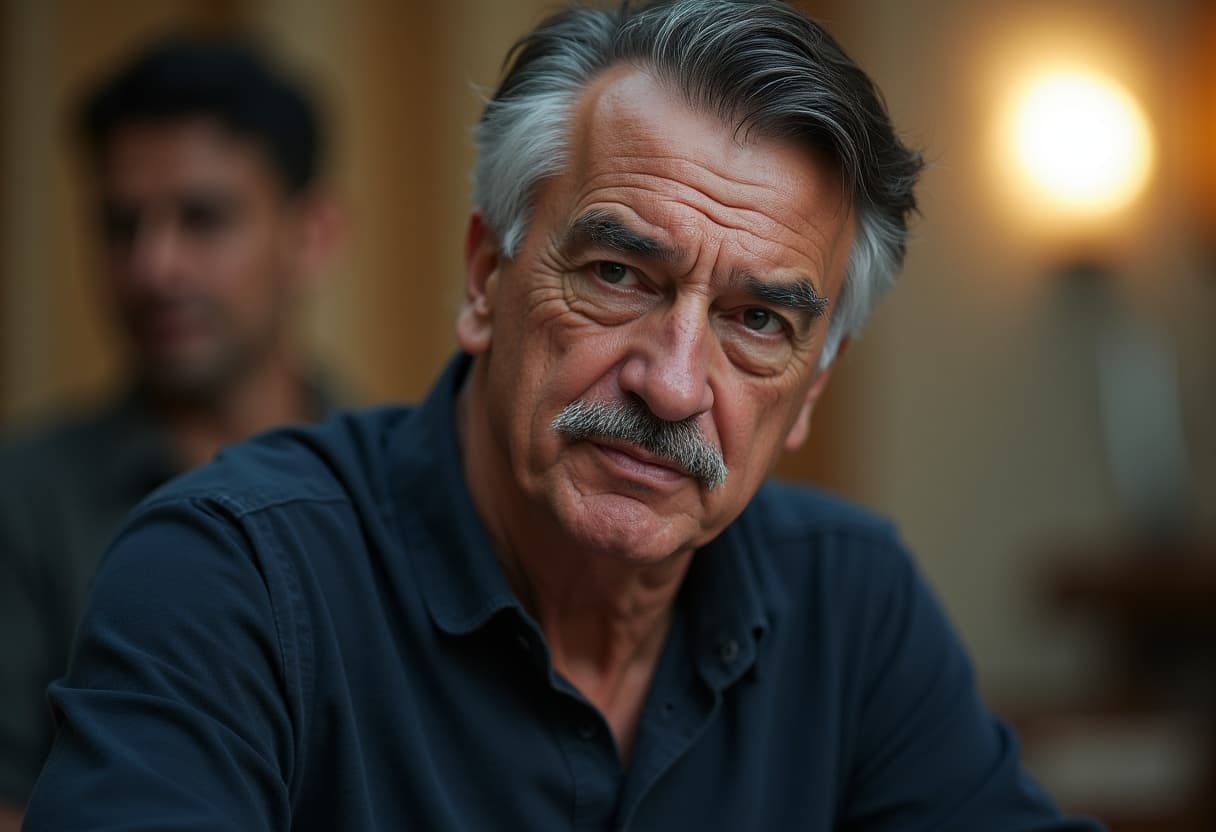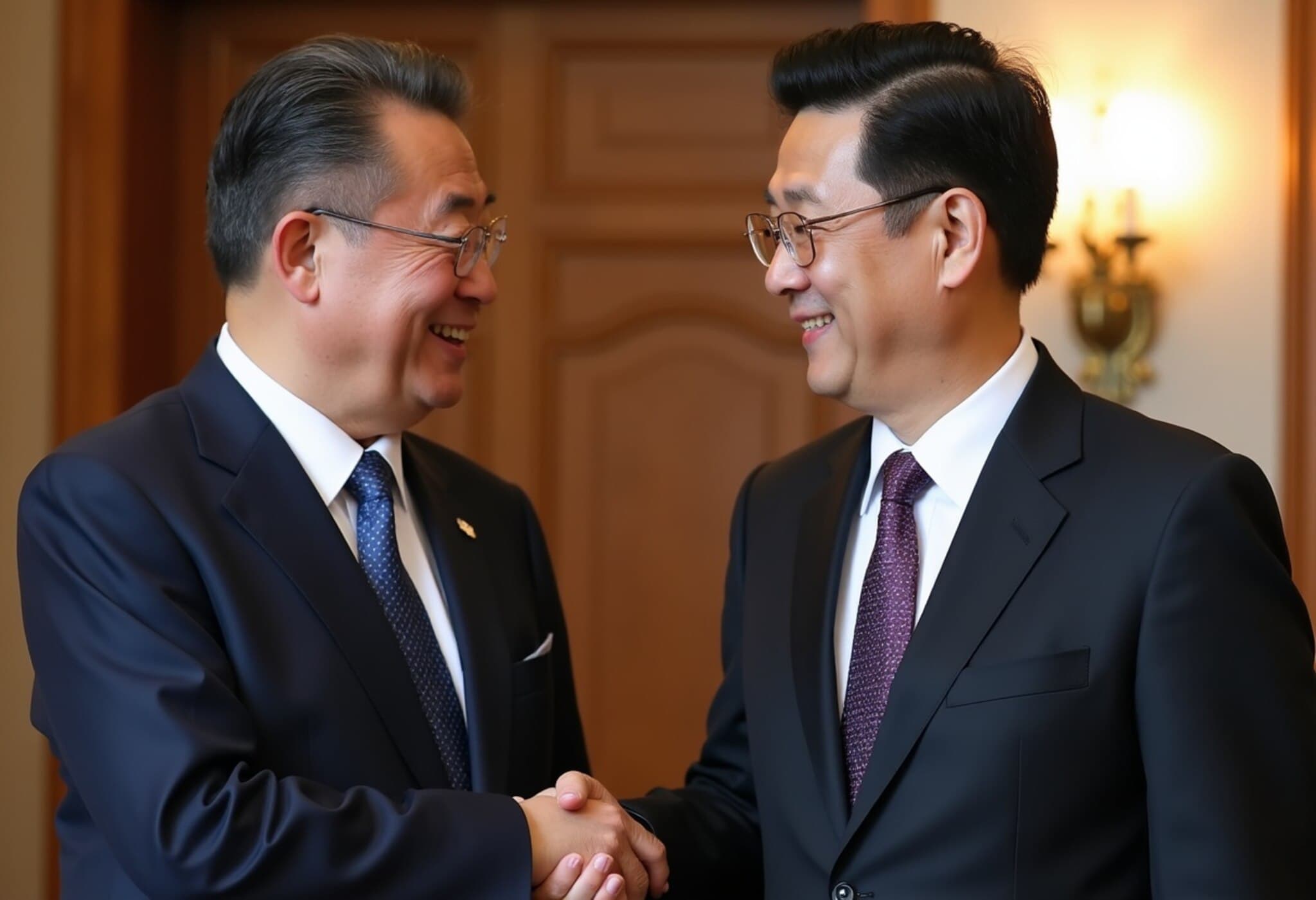Bolsonaro’s House Arrest Deepens Political and Personal Turmoil
For over three weeks, Brazil's former President Jair Bolsonaro has been under house arrest in a gated condominium in Brasilia. Ordered by Supreme Court Justice Alexandre de Moraes, this confinement follows Bolsonaro's alleged violations of court restraining orders aimed at curbing his interference in an ongoing trial about a purported plot to overturn the 2022 election results. As this high-stakes legal battle nears its conclusion, both Bolsonaro’s political influence and personal resolve appear to be unraveling.
Inside Bolsonaro’s Confinement: Depression and Fractures
Sources close to Bolsonaro reveal a man wrestling with depression, persistent hiccups, and mounting fixation on Moraes, the judge he blames for his predicament. Lawmakers visiting him describe a former president who has lost his trademark bravado, replaced by anxiety and frustration.
Domingos Savio, a Bolsonaro ally and lawmaker, described the former leader as "not the smiling Bolsonaro we know," highlighting a profound sense of anguish and injustice.
Trump-Tied Tariffs Add International Complexity
Adding a diplomatic twist, federal police unveiled private messages reflecting Bolsonaro’s shaky leadership amidst factional struggles. Notably, former U.S. President Donald Trump has imposed a 50% tariff on Brazilian products and sanctioned Judge Moraes, alleging a "witch hunt" against Bolsonaro.
The tariffs, heavily promoted by evangelical preacher Silas Malafaia urging Bolsonaro to speak out, have fueled tensions without derailing the trial. Instead, they may have inadvertently bolstered President Luiz Inácio Lula da Silva by uniting opposition forces against a common foreign adversary. The political chess game now includes cross-border tariffs, U.S. sanctions, and a controversial invocation of international support from Bolsonaro’s son, Congressman Eduardo Bolsonaro, who is lobbying in Washington on his father’s behalf.
Bolsonaro’s Reluctance and Health Struggles
Despite pressure to publicly retaliate, Bolsonaro cited his health issues, such as repeated hiccup crises, as reasons for his hesitation. Only after some days did he post a video aimed at drawing Trump’s attention and rallying his base. His legal team maintains that he continues to comply with restraining orders, though evidence on his phone suggests otherwise—including extensive social media activity and even a draft letter seeking asylum in Argentina.
Infighting Threatens Bolsonaro’s Political Legacy
As Bolsonaro grapples with legal battles and declining morale, his political coalition faces deepening internal strife. The fundamental question that haunts his base is simple: Who will be the figurehead for Bolsonaro’s movement in the 2026 presidential race, given his disqualification?
- One faction, led by Bolsonaro’s family, insists he remains the symbolic candidate.
- Opposing voices advocate for Sao Paulo Governor Tarcisio de Freitas, a former ally and cabinet member with a more moderate stance.
Eduardo Bolsonaro’s text messages reveal his fear that endorsing de Freitas could jeopardize U.S. support, signaling the delicate balance between internal unity and international alliances.
The public release of vulgar spat-filled messages between Bolsonaro and his son highlights the intense personal and political fractures within the former president’s camp.
Expert Commentary: What This Means for Brazilian Politics
Brazil’s current political climate reflects a broader global trend of polarization, judicial assertiveness, and international economic pressure as tools of influence. Bolsonaro’s house arrest and the surrounding drama underscore how deeply interconnected domestic politics and international diplomacy have become.
From a U.S. policy perspective, the intertwining of Trump’s tariffs and sanctions with Bolsonaro’s legal saga illustrates how foreign actors can indirectly shape electoral politics and judicial processes in another country. Yet, this approach also risks strengthening local incumbents—in this case, President Lula—by offering a unifying external adversary, potentially backfiring on those trying to reinstate Bolsonaro’s political fortunes.
Looking ahead to Brazil’s 2026 elections, the key question remains: Can Bolsonaro’s fractured coalition unite behind a candidate who represents their ideals and withstand the legal, social, and international pressures at play? Or will this fragmentation mark the decline of Bolsonaro’s once formidable political base?
Editor’s Note
Jair Bolsonaro’s house arrest is not simply a legal episode but a complex portrait of political decay, personal struggle, and geopolitical maneuvering. As Brazil approaches another election cycle, these dynamics raise critical considerations about the impact of judicial power, international influence, and political unity in democracies facing deep divides. Readers should watch closely—not only for Bolsonaro’s fate but for what it signifies about the resilience of Brazil’s democratic institutions and the evolving role of global diplomacy in domestic politics.

